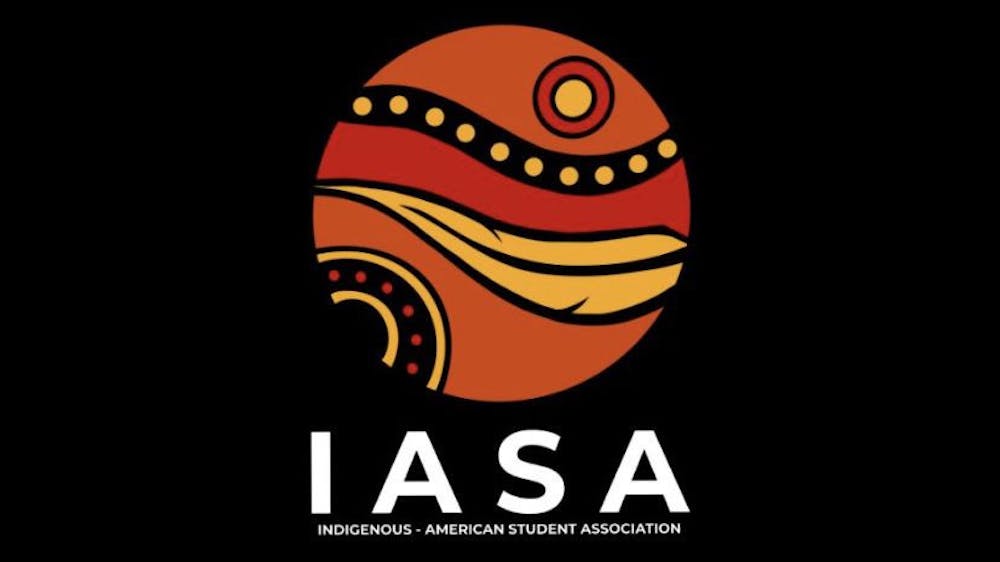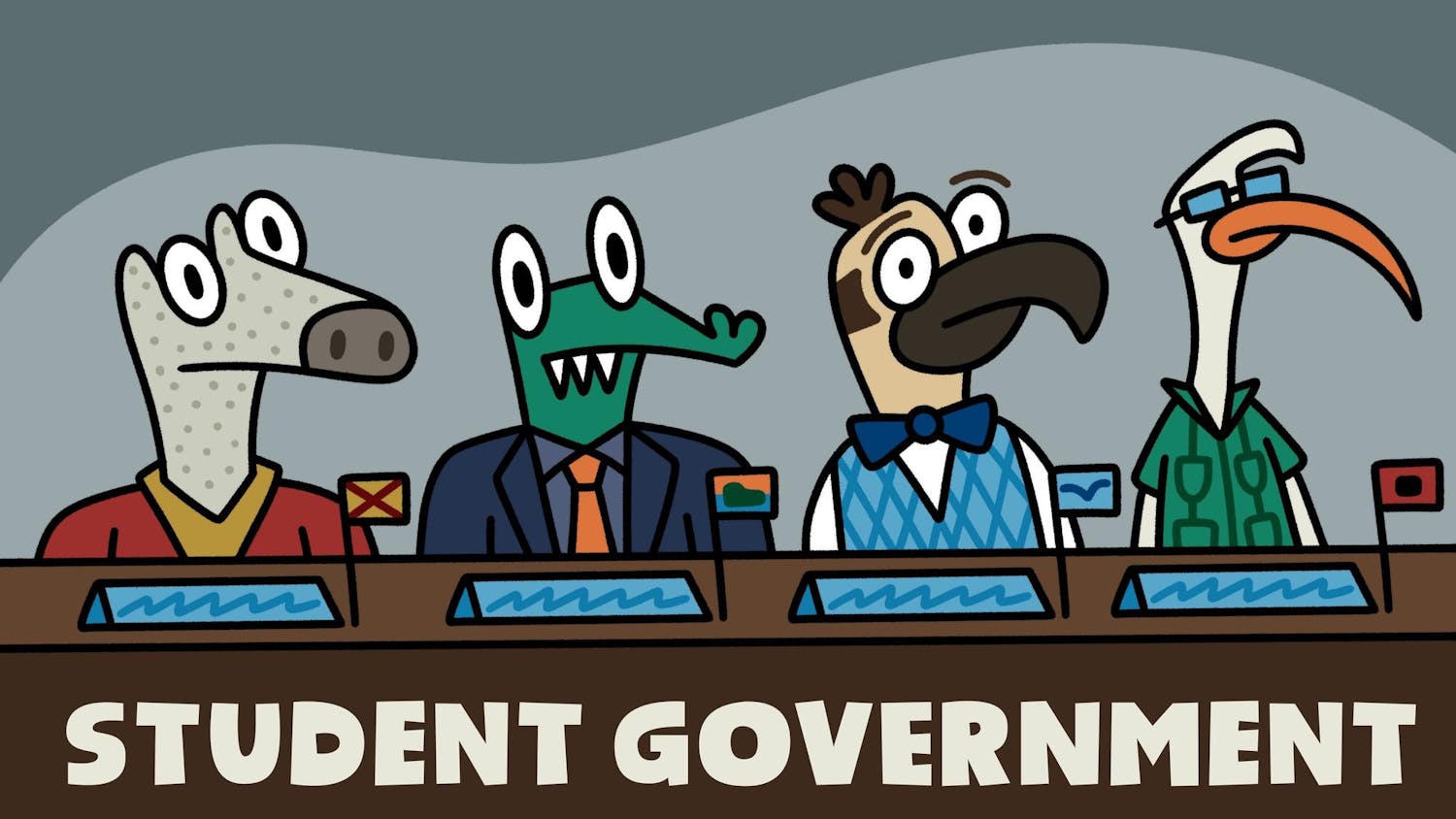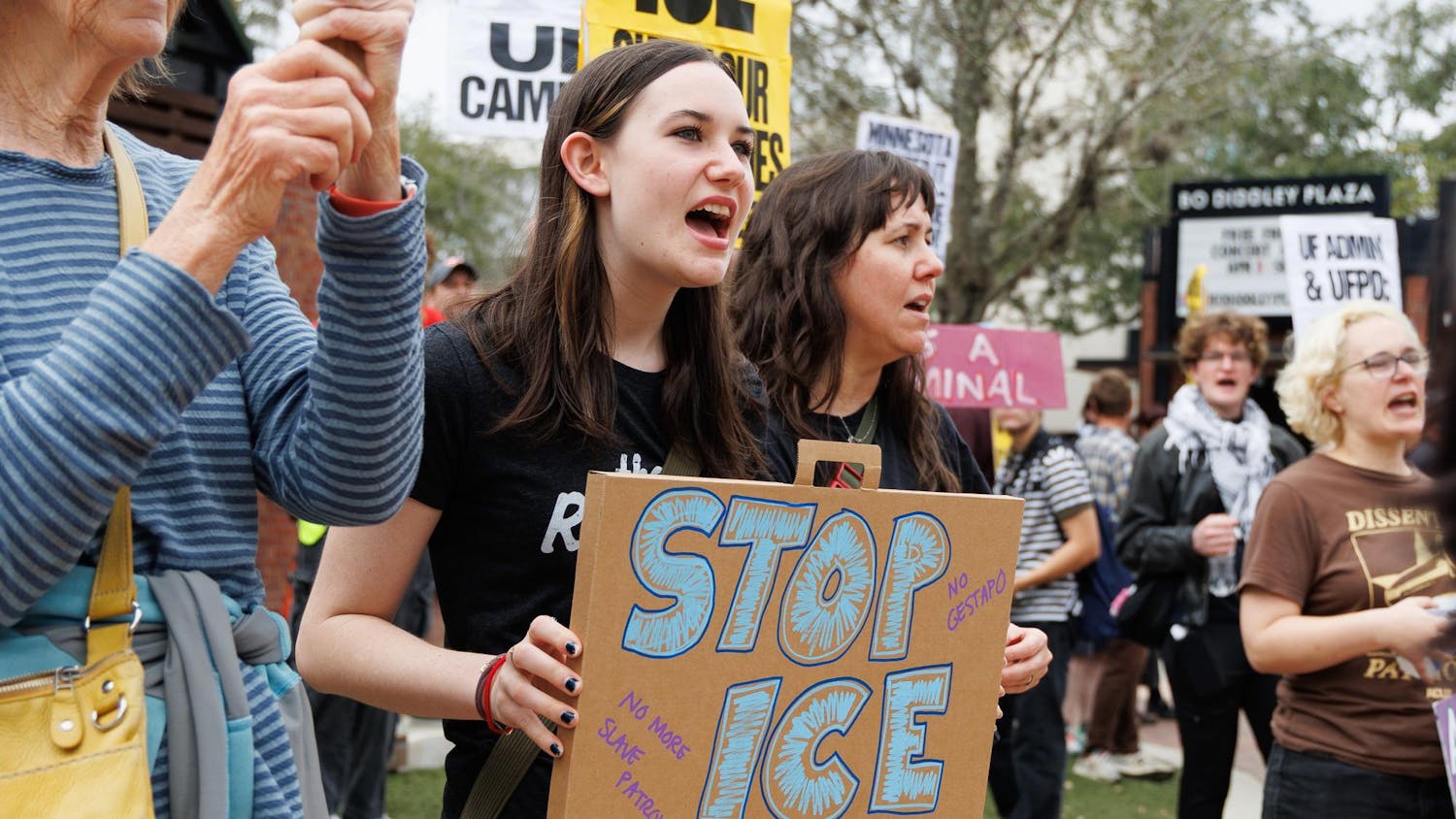Matthew Diaz didn’t feel represented at UF, so he made a space for students like him.
As a Hispanic student with indigenous Peruvian Quechua and Puerto Rican Taíno roots, he said he noticed more representation for minority groups but still felt that Native Americans were left out. So he founded and became president of the Indigenous-American Student Association, a new club to honor and represent indigenous students at UF.
For Indigenous Peoples Day, which is today, the club will focus on education outreach through tabling, displaying art in the UF Multicultural & Diversity Affairs suite and showing a film in the Reitz Union Hispanic-Latino Engagement Center, or La Salita, from 5 to 7 p.m.
“Part of doing that was then realizing how little representation these different sides of myself had throughout my life,” Diaz said. “And the reason I didn’t identify with them as strongly was because you don’t see them anywhere.”
Diaz, a 22-year-old UF political science senior, had the idea to start the club during Spring and worked on logistics throughout the summer. The club announced itself on Instagram and Facebook Thursday.
The association has four student leaders who all have indigenous backgrounds. It does not have UF Student Government funding but does have support from MCDA and funding from UF’s American Indian and Indigenous Studies program, Diaz said.
“Especially with Native Americans, it’s all painted over with a broad stroke, when in reality, there’s more than 500 different nations of Native American tribes that all speak different languages and have different cultures,” he said.
Robin Wright, an associate professor in UF’s religion department, is the faculty adviser of the Indigenous-American Student Association. He has been working with indigenous people for about 50 years as a religion, anthropology, Latin American studies and indigenous studies researcher.
A decade ago, Indigenous Peoples Day was not celebrated in Gainesville, which is an area with a rich indigenous history, he said.
“All of this land was once indigenous,” Wright said.
The Timucua people inhabited the Gainesville area and had long-term organized settlements, he said. With the introduction of infectious disease from European colonizers, the Timucua settlement was reduced to nothing but left its legacy on the area.
Local indigenous history is seen even in the name of Alachua County. Alachua is a word from a Native American language that means “sink," according to the City of Alachua’s website.
“People should be aware of not only the historical presence of native people in America but also the situations they face today,” Wright said.






